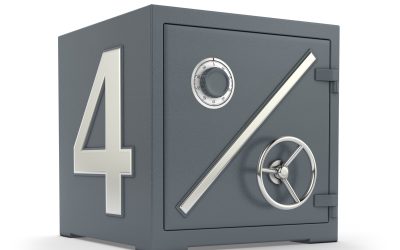
If you’ve ever left a job, you may have had to decide what to do with your old 401(k). You might have rolled it over into a 401(k) at your new job or even forgotten about it when you were younger. But if you’ve recently lost your job, retired, or left your job for another reason, you may be wondering how to make the most of your 401(k). There are many options, and the right one depends on your age, retirement goals, and overall financial situation. To start, here are three options for your 401(k) when leaving your job.
Rollover into an IRA
Although you may have the option to cash out of your old 401(k), you will pay tax on those funds at ordinary income rates. This could significantly increase your tax burden and could mean losing out on years of tax-deferred growth in the future. Instead, you can rollover your old 401(k) into an IRA. This way, you don’t pay tax on what you rollover and can continue making tax-deferred contributions. And, you potentially gain access to more investment options so that you can pursue an investment strategy that better suits you.[1]
Convert Part or All of it to a Roth IRA
Another option is converting part or all of a 401(k) into a Roth IRA. This would mean paying tax on the amount you convert since you’re moving it from a pre-tax account to an after-tax account. Some of the advantages of doing this are enjoying tax-free withdrawals from a Roth IRA in the future and avoiding Required Minimum Distributions (RMDs). And, although your income may have been too high to allow you to contribute to a Roth IRA in the past, Roth income limitations do not apply to this conversion. Keep in mind that you must wait five years to withdraw penalty-free from a Roth after converting.[2]
Consider How Much You’re Paying in 401(k) Fees
Although you may have the option to leave your 401(k) with your old employer, there are negatives: You will not be able to make contributions, and your account will continue to be charged administrative fees, which can add up over time. 95% of 401(k) participants pay fees, ranging from under 0.5% to more than 2%. Let’s compare a 401(k) plan that charges 2% in fees to one that charges 1%. Both start with a balance of $100,000 and have an expected annual rate of return of 8%. After 30 years, the account paying 2% in fees would grow to $574,350. Meanwhile, the account paying 1% in fees would grow to $761,225.[3] If you don’t know how much you’re currently paying in 401(k) fees, we can help you find out.
A financial advisor can discuss more options for your 401(k) when leaving your job and help you decide on the right one based on your unique financial situation. If you would like to know about your 401(k) options, sign up for a complimentary financial review. We can work with you to decide on allocation and contribution strategies, help you create a financial plan after you stop receiving a paycheck, and provide options for turning your savings into lifetime retirement income.



